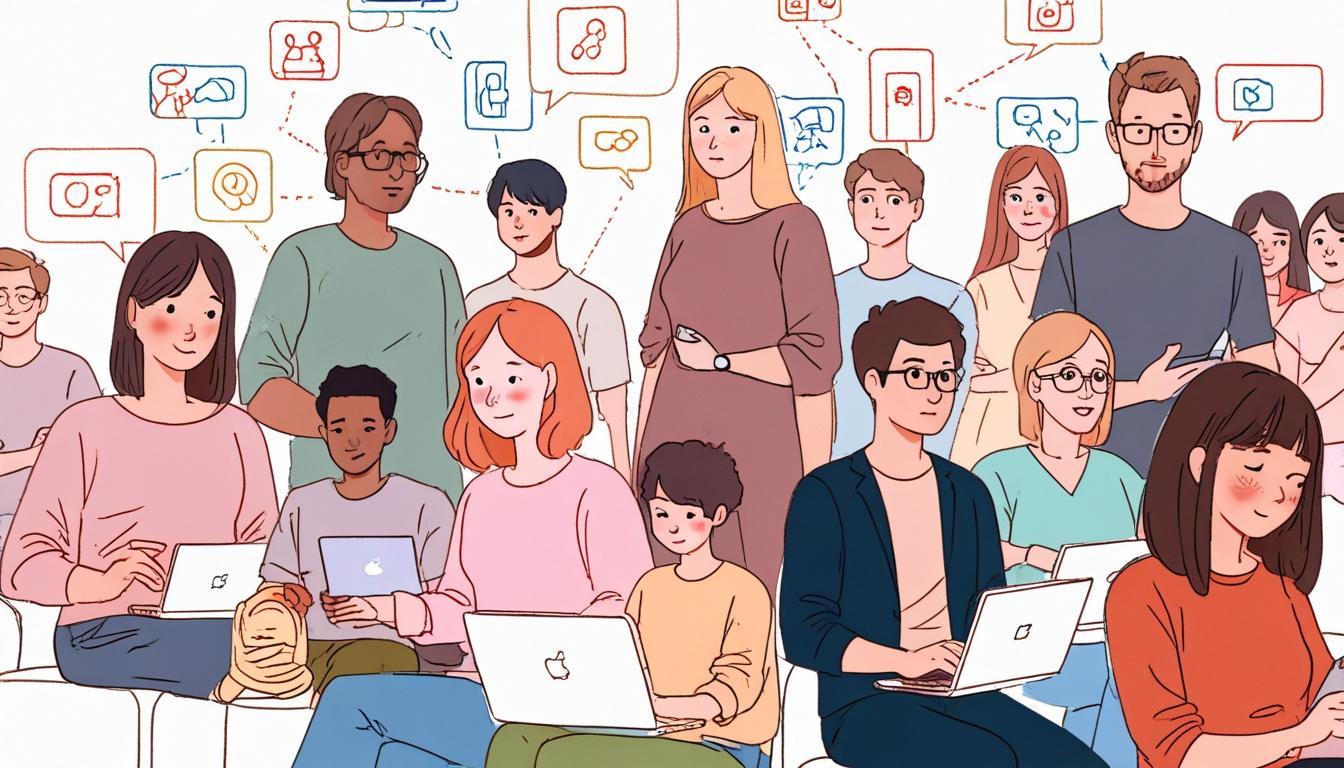The use of artificial intelligence (AI) tools across the European Union has seen a remarkable increase over the past year, with the number of users nearly tripling. In 2023, only 23% of respondents to surveys reported using AI tools, but by 2024, this figure had surged to 60%, according to reports from AzerNews dated 29 April 2025.
Experts attribute this rapid rise to the greater accessibility and convenience of AI technologies. Popular AI platforms like ChatGPT, Google Gemini, and integrated AI functionalities within widely used applications such as Microsoft Office and Adobe, are often available for free or bundled with existing services. This ease of access is supplemented by compatibility across devices including smartphones, tablets, and laptops, which collectively lower barriers to entry and encourage broader adoption among users.
One notable trend is the shift from occasional to everyday use of AI tools. Users increasingly view AI not just as a novel or productivity-enhancing technology, but as a personal digital assistant capable of performing a wide range of tasks. These range from routine activities like writing emails and planning trips to more sophisticated functions such as coding, learning new languages, and offering emotional support.
An anonymous analyst speaking to AzerNews highlighted this cultural change, stating: "There’s been a mindset shift. AI is no longer seen as futuristic or abstract. For many, it’s as normal as using a search engine or messaging app."
This widespread adoption is especially pronounced among younger generations and professionals, many of whom report placing greater trust in AI tools than in traditional information sources for tasks such as summarising complex materials or providing instant feedback. This shift has prompted discussions in educational institutions and workplaces about how to integrate AI assistance effectively while maintaining human oversight and critical thinking.
The AzerNews report underlines that this significant expansion in AI use marks a fundamental change in how people interact with technology, suggesting that AI is becoming an integral part of daily life across the EU.
Source: Noah Wire Services
